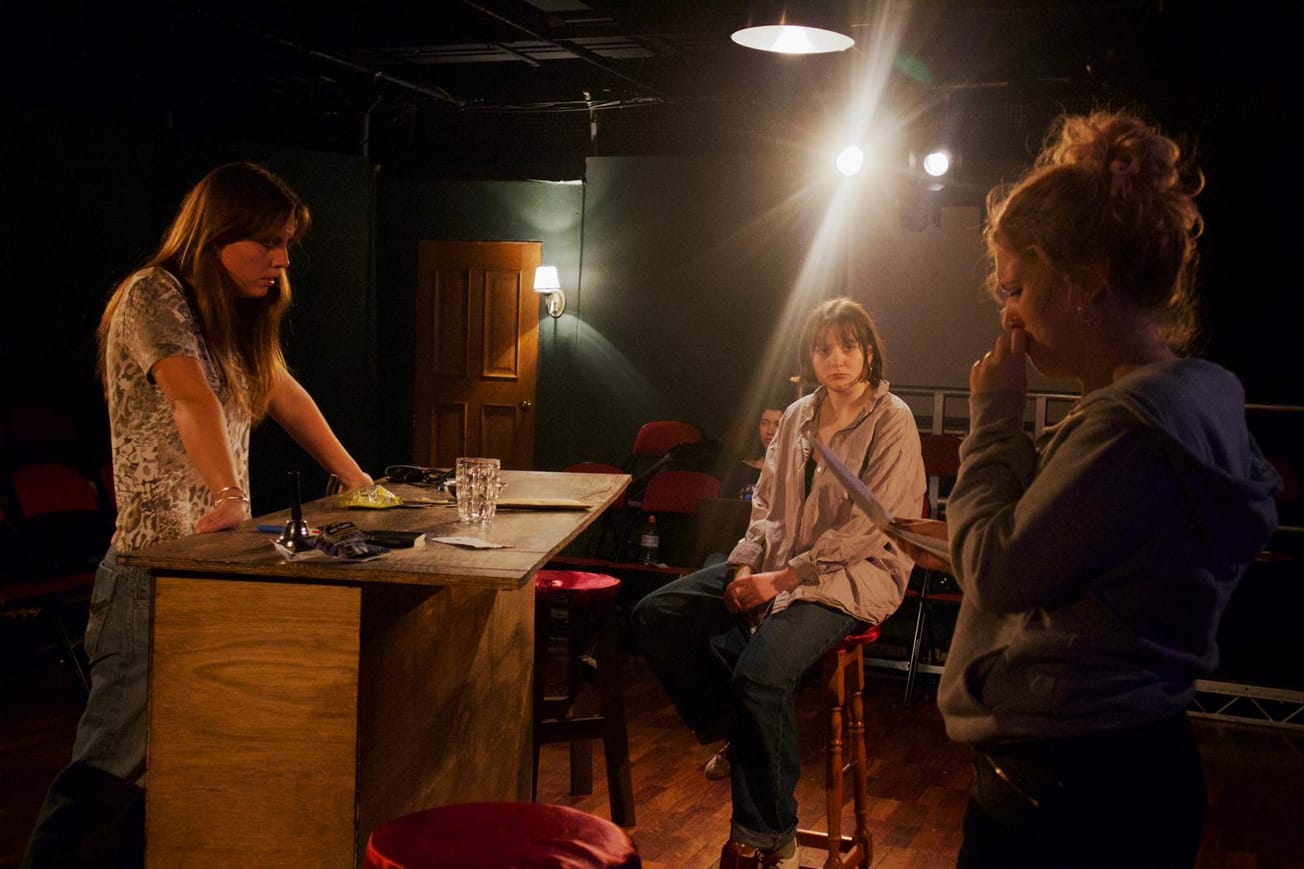By Eleanor Turney, Third Year, Politics and International Relations
The token Feminism week, that special time in the academic calendar when lecturers suddenly pause for a quick, painfully surface-level reflection on gender issues. You all know the drill – it hits weeks four to six in the teaching block and suddenly we make a pit-stop at gendered issues and female authors of the topic at hand. We then swiftly get back on track to the scheduled weeks of learning, underpinned by masculine assumptions and scholars because God forbid Feminism becomes more than a trendy tick-box exercise.
To be fair, some modules and lecturers do try - shout out to my Gender and Security unit. Yet, more often than not, it feels as if Feminism is an add-on rather than a core issue and framework of society. You’d think as a politics girlie my course would be better than others at this, but I can confirm for the last three years the token week has come up in nearly all of my modules. Not only does it keep happening, but every time it’s the same story. No matter the subject, we learn that women are underrepresented and more vulnerable in almost every walk of life. We talk about how terrible it is, how it’s so neglected and we should really do more to combat it. Yet, universities just reinforce the issue by not increasing their representation and recognition of gender studies throughout modules. Instead of doing something like integrating Feminism and female scholars into all syllabuses (crazy idea, I know), our units continue to do this quick, shallow reflection before heading back to scheduled programming.
This issue became clearer to me when I recently presented my dissertation topic which critiques the Women Peace and Security Agenda for not actually being as progressive as people think. As I stood there explaining my research, I noticed all the staff members were men. Now, I’m not saying that this meant they had less knowledge of gendered issues – but they did. While I genuinely appreciate their comments that my work is ‘really insightful’ or had ‘lots of original contribution to the field’, I was shocked that a fundamental Feminist critique was some innovative idea to them. It showed that these topics are still so marginalised that even the most basic Feminist analysis appears to be ground-breaking academia (although, I’m sure my dissertation is in fact ground-breaking).
Some might argue ‘universities can’t include everything all the time’, and while this has truth to it, is Feminism really that hard to integrate into modules? The aim isn’t about adding more content to your very busy schedules, it’s about rethinking the way we frame everyday experiences and knowledge. Feminism isn’t some niche area of study to touch upon so you don’t get told off for not being inclusive; it’s a fundamental way of understanding the world and the content we learn (can you tell I’m a politics student?).
So, what’s to be done? Feminism shouldn’t be a standalone topic, it should be woven into the curriculum, present in every discussion. More diverse reading lists and engagement with critical theories throughout the module are two basic steps that may go further than you think. Acknowledging that Feminism and gendered issues are everyday experiences is necessary to move our curriculums on from the dreaded token week. But until then, I’ll see you next time for another exciting and innovative showcase of ‘Oh look, women are oppressed in this module too!’









